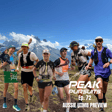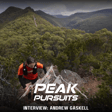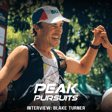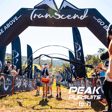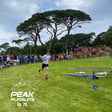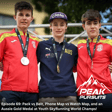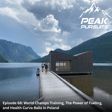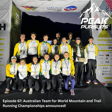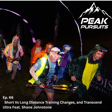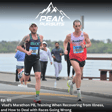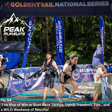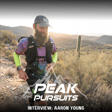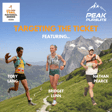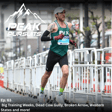
Ben Burgess | Always going to be me
Ben Burgess joins James fresh off the back of a course-record win at the Kunanyi Mountain Run 66K — a race that felt like the culmination of a two-month journey through the trails, the community, and the soul of Tassie trail running.
But this conversation is so much more than just a race recap. We talk about what it really means to go all-in on running, giving yourself the space to chase it without letting it consume you.
Ben shares the mindset shift that helped him ditch the pressure, trust the process, and run with joy. He opens up about leaving his job, embracing a year of “fun-employment,” and why it’s not just about results — it’s about presence, place, and people.
We dig into:
– Pre-race prep and trusting your energy more than your training block
– The moment he knew it was his race to lose
– Nutrition breakthroughs and dialing in recovery
– The tension between being a competitor and staying grounded in joy
– Why community-run races and nature-first values matter to him
– Big goals, World Champs ambitions, and keeping it playful even at the pointy end
If you care about racing hard without losing why you started, this episode is going to hit deep.
***Don’t forget, use code PPP at Bix’s website for 20% off Bix products, exclusive to PPP listeners!***
Thanks for tuning in to Peak Pursuits! Connect with us on Instagram @peakpursuits.pod to share your thoughts, questions, and trail stories. Until next time, keep hitting the trails and chasing those peak pursuits!
Follow Ben: Instagram | Strava
Follow James: Instagram | Strava
Music from #Uppbeat (free for Creators!):https://uppbeat.io/t/mood-maze/trendsetter
License code: K08PMQ3RATCE215R



